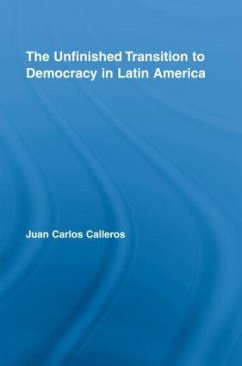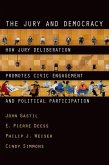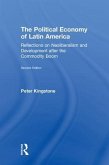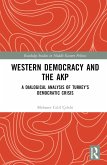This book examines the political evolution of the judiciary - a usually overlooked political actor - and its capacity to contribute to the process of democratic consolidation in Latin America during the 1990s. Calleros analyzes twelve countries in order to assess the independence, impartiality, political strength and efficiency of the judicial branch. The picture that emerges - with the one exception of Costa Rica - is the persistence of weak judicial systems, unable in practice to check other branches of government, including the executive and the military, while not quite effective in fully protecting human rights or in implementing due process of law guarantees. Aggravating issues, such as corruption, heavy case backlogs, overcrowding of prisons, circumvention of laws and personal vulnerability of judges, make the judiciary the least evolved of the three branches of government in the Latin American transitions to democracy.
Hinweis: Dieser Artikel kann nur an eine deutsche Lieferadresse ausgeliefert werden.
Hinweis: Dieser Artikel kann nur an eine deutsche Lieferadresse ausgeliefert werden.








